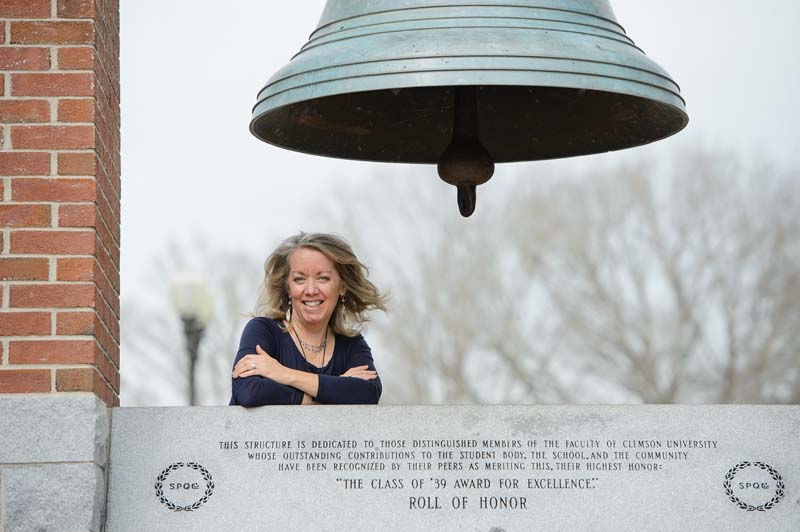As our society faces increasingly complex challenges such as climate change, public health threats and technological vulnerabilities, there is a need for trained STEM social and behavioral science (STEM-SBS) professionals who can address these issues. Yet current discussions about the quality of the STEM workforce often do not include STEM-SBS, even though these fields make up one of the largest groups of the STEM workforce and make important contributions to basic science, according to sociology professor Catherine Mobley.
Mobley has received a three-year, National Science Foundation grant, totaling $867,066, to study why this is and increase the understanding of the professional identity of sociologists and social scientists in general.
Through her project – and with the help of co-lead investigator Chloe Bird, a sociologist from Tufts University School of Medicine – Mobley will develop a framework for assessing identity development, retention and success of STEM social and behavioral scientists. Their project is one of the first to empirically examine the identity development of sociologists, Mobley said.
“Clarifying potential pathways into STEM-SBS careers and the identity development of sociologists may encourage students to declare their major earlier,” Mobley said. “Currently, most students have limited exposure to STEM-oriented educational and career pathways in SBS fields and how they can contribute to STEM-SBS research and development. We anticipate study results will also increase diversity in these fields.”
This comparative case study at five institutions with graduate programs in sociology will include in-depth interviews with undergraduate and graduate students and sociologists employed in diverse research settings. Major research questions the study plans to address include:
- Why do sociology students and professionals choose to pursue a sociology degree and career?
- How do sociology students and practicing sociologists conceptualize their professional and science identities?
- What factors contribute to or hinder retention, success and identity development in sociology?
- How do other social identities (e.g., race, ethnicity, gender, etc.) intersect with and influence the development and enactment of professional and scientific identities?
- How do competing demands and differential access to opportunities shape the entry and retention of a diverse student population into sociology?
Mobley’s goal for this study is to inform further research on sociology and the range of STEM-SBS fields, as well as provide departments, universities, professional societies, NSF and other key stakeholders with insights to support and expand STEM-SBS identity development and career opportunities of a diverse STEM-SBS workforce trained to address societal problems.
“Dr. Mobley’s research advances our understanding of social science identity to allow for workforce development,” said sociology, anthropology and criminal justice department chair Katherine Weisensee. “The rigorous methods employed by social scientists to examine individuals and society provide skills students can put to use across many industries and career fields.”
The Department of Sociology, Anthropology and Criminal Justice is part of the University’s College of Behavioral, Social and Health Sciences (CBSHS). Established in July 2016, CBSHS is a 21st-century, land-grant college that combines work in seven disciplines – communication; nursing; parks, recreation and tourism management; political science; psychology; public health sciences; sociology, anthropology and criminal justice – to further its mission of “building people and communities” in South Carolina and beyond.
Get in touch and we will connect you with the author or another expert.
Or email us at news@clemson.edu

